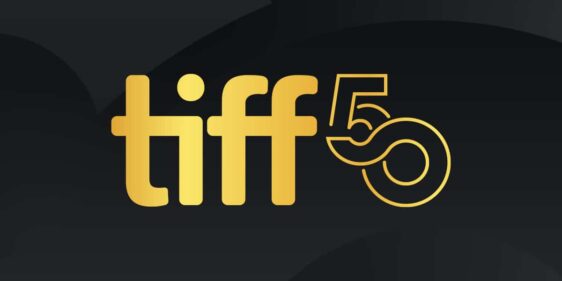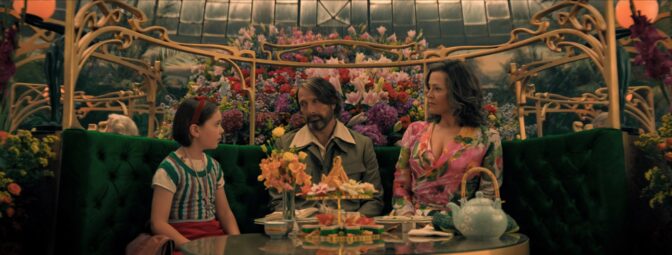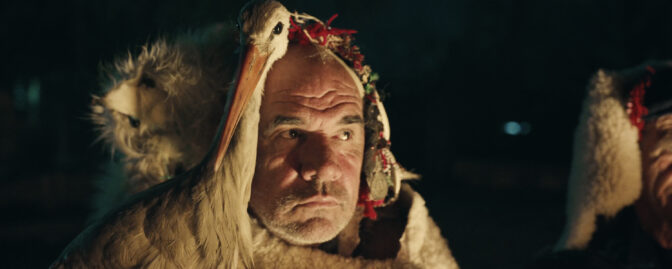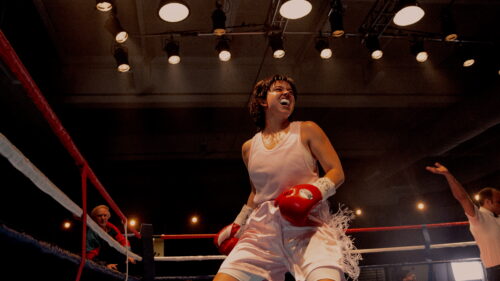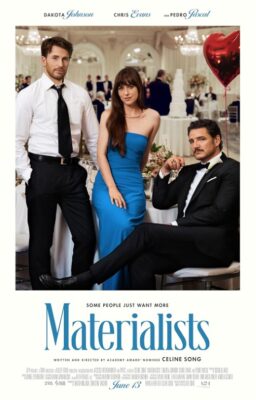CANNES, FRANCE — At the festival’s official post-awards press conference, the jury’s leader Steven Spielberg spoke at length about the group’s surprise decision to award multiple citations for the Palme d’Or, which went to “Blue Is the Warmest Color.” In a break with the usual protocol, the prize was given not just to the winning film’s director, Abdellatif Kechiche, but also to his lead actresses, Adèle Exarchopoulos and Léa Seydoux.
Spielberg said the split, which enabled the jury to give Best Actress to another festival favorite, Bérénice Bejo from “The Past,” was a natural choice. Kechiche’s film, Spielberg said, “was something that could not have happened had the casting been three percent wrong.”
“Blue” centers on Adèle (Exarchopoulos), whom we meet at 15 and follow over several years through her romance with painter Emma (Seydoux), the first woman she loves. Coming from a jury of nine members — four of whom are themselves directors — the Palme d’Or decision was received as a magnanimous gesture, a way of acknowledging how much of the movie’s power derives from raw close-ups, silences, and scenes of the characters quietly contemplating each other at meals.
Inevitably, Spielberg and his colleagues fielded questions about the movie’s explicit sex scenes, which are notable for their length and intensity. “For me, the film is a great love story,” Spielberg said. “And the fact that it’s a great love story made all of us feel like we were privileged, not embarrassed, to be flies on the wall.” He also provided what may amount to a boost to the film’s marketing, speaking optimistically of the movie’s commercial prospects in the U.S. “I think it’s going to get a lot of play, and I really feel the film will be quite successful in America,” he said.
There had been speculation that an award for “Blue” would effectively function as a shout-out to France’s May 18 legalization of gay marriage. But jurors wouldn’t go there. “Politics was not a companion in our decisions,” Spielberg said.
As far as the dynamic of the deliberations, there was, according to the jury president, “a very, very unanimous consensus on at least three of the critical choices.”
The conference highlight came from “Nebraska” director Alexander Payne, who accepted the Best Actor award for his star, Bruce Dern, who had already left town. (Read our interview with him here.) Did Dern have a comment? Actually, Payne confessed, he hadn’t told him yet, having only just texted Dern’s daughter Laura to spread the news. She texted back mid–press conference, and Payne shared the message: “AMAZING! Driving to Pasadena now. Can we call you together from there maybe in 30 minutes?”
No word on what the call was like, but Payne and his fellow winners adjourned to Agora, the waterfront festival party space adjacent to the Palais. While Payne and a few other notables like “Michael Koolhaas” star Mads Mikkelsen mingled with festivalgoers, celebrities generally gravitated to a cordoned-off area. It was the kind of occasion for which France reserves its sternest earpieced guards.
As of 11pm, juror Nicole Kidman could be spotted through the partitions chatting with Cinéfondation and short-films jury president Jane Campion (who directed Kidman in “The Portrait of a Lady”). Christoph Waltz gabbed with his “Inglourious Basterds” and “Django Unchained” producer Harvey Weinstein, and Spielberg himself worked the room. New winners — Kechiche, Exarchopoulous, Farhadi — also turned up, ready to be welcomed to the inner circle.


